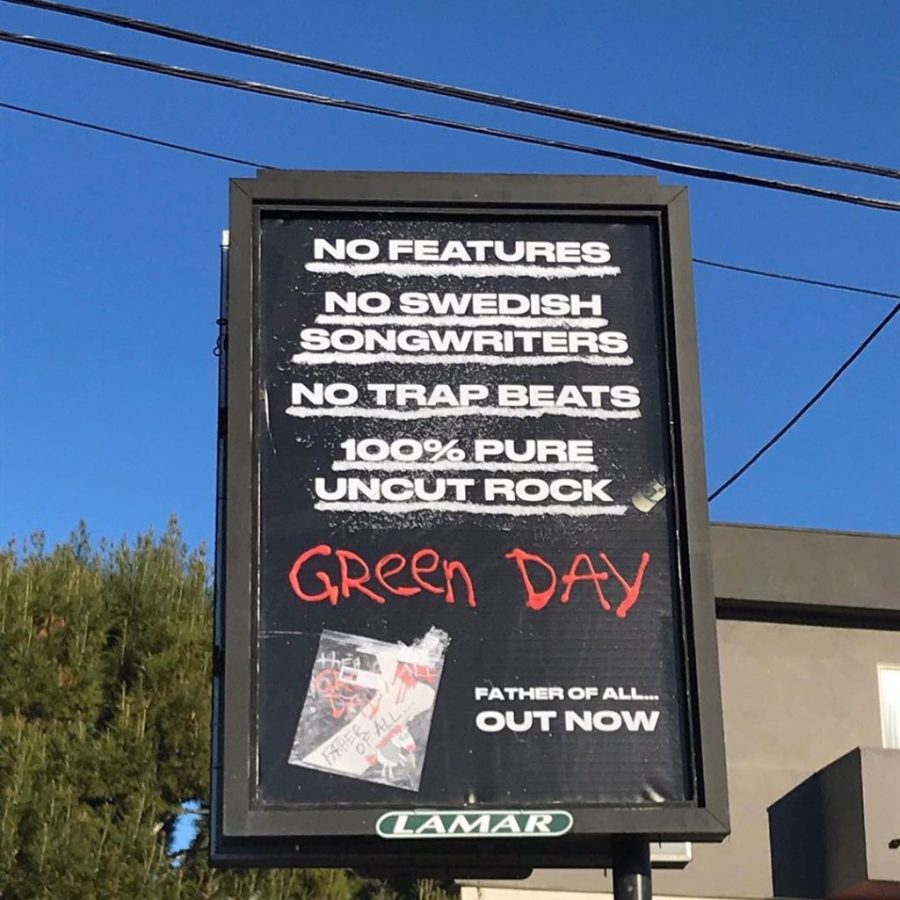Craft and Creativity Part Three: The Problem with Pretentiousness
October 27, 2020
I believe that most pretentious attitudes and actions in art come from a good place. However, it is clear that intentions are not the only thing worth considering. When considering the exclusionary results of these attitudes, I believe pretentiousness is something that must be curtailed in order to bring about not only a more inclusive artistic community, but a better one as well. Now there is no way to enforce what I am proposing, but it is still important. As I have said before, I believe the best results come when we are reflective of ourselves, evaluate what we see, and improve. I catch myself thinking extremely arrogant things when it comes to music. While I may believe I have a good reason in a particular instance, it is something I want to get rid of.
Gatekeeping is a good place to start. For those who don’t know, gatekeeping occurs when one interrogates another to judge if they’re a “real fan” of whatever they’re talking about. Have you ever worn a shirt with a band logo on it and had someone ask you to name five of their songs? And upon failing to do so they scoff and say you’re not a real fan? That’s a type of gatekeeping. I think this can come from a good place. As a fan of an artist, one may have a deep emotional connection to their work. They may see one who can’t name five songs as someone who is not taking this incredibly important artist’s work seriously. However, going up to that person and making them take a test to see if they’re a real fan is where this becomes a problem.
Our relationship with an artist’s work is our own. It is great when we come in contact with like-minded fans, but we are never owed this from anyone else. To gatekeep in this way is to impose your own definition of what it means to experience art on others. While gatekeeping in general may be done in an attempt to ensure a genuine and active community, it does just the opposite. “Fake fans” can become real fans. If their first experience with a fellow fan is disrespectful, uncalled for, and just plain rude, how likely are they to dig deeper? I think by drawing such an arbitrary line in the sand, a gatekeeper does nothing but isolate themselves from a world full of potential friends.
While pretentiousness attitudes towards other fans are unnecessary, I believe producers themselves require different considerations. Based on our own experiences with an artist’s work, I believe we can all have our opinions about who’s in it for the money, selling out, or any other aspect that would make us question an artist’s authenticity, especially when they’re successful.
While all of it is completely subjective, these thoughts may help us understand what we want from artists. For example, I think Maroon 5 totally sold out. Their first few albums were unique, well written, and well performed. Songs About Jane is an amazing album. Everyone knows the radio hits like “Harder to Breathe,” “She Will Be Loved,” “Sunday Morning,” and “This Love.” The songs that didn’t make it to the radio were also amazing. If you’ve never heard songs like “Shiver,” you are missing out.
The next few years of the band’s career, to me, was marred with stale radio hit after stale radio hit. In my opinion songs like “Memories,” “Sugar,” “Animals,” and “Moves Like Jagger” were lazily written attempts to be as big as possible. While this may be as exclusionary as the previous gatekeeping example, an important distinction must be made. Fans should be free to experience an artist’s work in whatever way they’d like. When it comes to the artists themselves, however, I believe a case can be made that being exclusionary can be a good thing. If fans reject art that is lazy, hopefully, it’ll encourage artists to stop trying to ride current trends and just make art with passion and purpose.
Finally, a word on how to do this the wrong way. The image above is a promotional billboard for Green Day’s latest album. I get what they are trying to say. They see trends that they believe are lazy and inauthentic. However, I believe they didn’t focus on the right things to bring across that message. An artist can still create something authentic with features, trap beats, and even Swedish songwriters, whatever that means. These lines between “real art” and “fake art” can’t just be drawn along the lines of genre. There is beauty to be found in every style of music. What should be called out is opportunism.
While these lines may be blurring at times, I believe all these considerations to be important to fostering a healthy artistic community, one where fans are free to experience art and artists are free to make their art but are called out if they are wasting our time with cheap money grabs. Again, these distinctions are difficult to make and even more difficult to agree upon. What I’ve written here may still be unnecessarily exclusionary. I am still learning to give fans and artists the benefit of the doubt. It seems like I am easier on fans than I am on artists. It may be because I think artists have a distinct responsibility that comes with creating that fans do not have. This is yet another avenue where self-reflection can bring about better understanding and better experiences.















